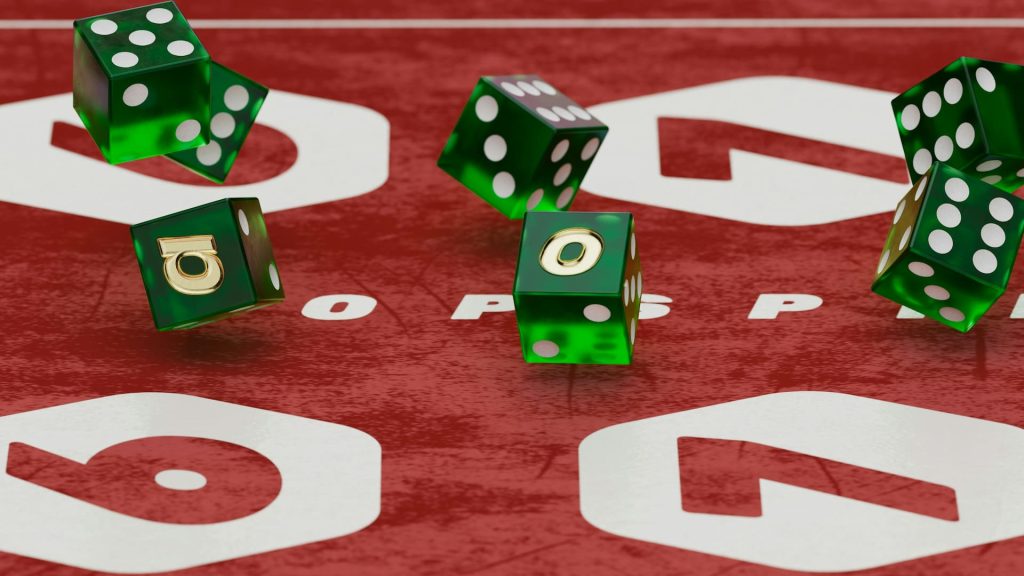Near misses are a trick casinos use to keep players playing. They make players feel like they’re close to winning on JetX, which makes them want to keep going. This is important to understand. Knowing how near misses work can help players realize when they’re being tricked into playing longer. It helps them make smarter choices.
Near Misses in Progressive Jackpots
Progressive jackpot games use near misses to create excitement. These games have a prize pool that grows each time someone plays without winning the jackpot.
Near misses feel stronger in these games because the stakes are so high. When the jackpot symbols almost line up, players feel like they’re close to winning big money.
This feeling of being “close” to a huge win keeps players wanting to try again. The near miss makes it seem like the game is teasing them with the chance of a massive payout. This keeps players engaged and playing longer.
The “Almost Win” Effect
The near miss effect is also called the “almost win.” Studies show that near misses can feel more motivating than actual wins. The brain sees near misses as chances to learn or signs of skill, even in games of chance. A player might think, “I was so close—next time I’ll win.” This thought makes them feel like they can control the game. It keeps them playing, even after losing several times.
The Illusion of Skill

Near misses can also make players feel like they have skill. In games like blackjack or poker, players may think they are close to winning because they made the right choices. In blackjack, a player who busts with a hand of 22 might think they almost won. They believe their decisions were right, but luck didn’t go their way. This makes them think they can improve and win next time.
Even in games of pure luck, like slots, near misses can make players feel in control. They might start using lucky charms, rituals, or strategies. They believe these will help them win. This illusion keeps them playing longer.
The Connection Between Near Misses and Loss Aversion
Near misses are linked to a concept called loss aversion. This means people feel the pain of losing more than the happiness of winning. A near miss makes the loss feel worse because the win was so close.
This makes players want to keep trying. They want to “undo” the loss and turn it into a win. The desire to avoid losing again keeps them playing longer than they planned.
Loss aversion is stronger in games with fast rounds, like slots or roulette. The more near misses players have, the more they want to keep playing. They hope to turn those almost-wins into a real victory. This creates a loop where near misses and loss aversion keep players engaged.
Near Misses Beyond Casinos
Near misses are not just in casinos. Other industries use them too. Video games, for instance, often include near misses to keep players playing. Missing a high score or almost beating a level feels like a win, even though it’s not.
Marketing and loyalty programs also use near misses. Think of contests where you almost win a big prize. Or reward systems that tell you you’re “just a few points away” from getting a discount. These strategies use the same psychology to keep people engaged and wanting to try again.
